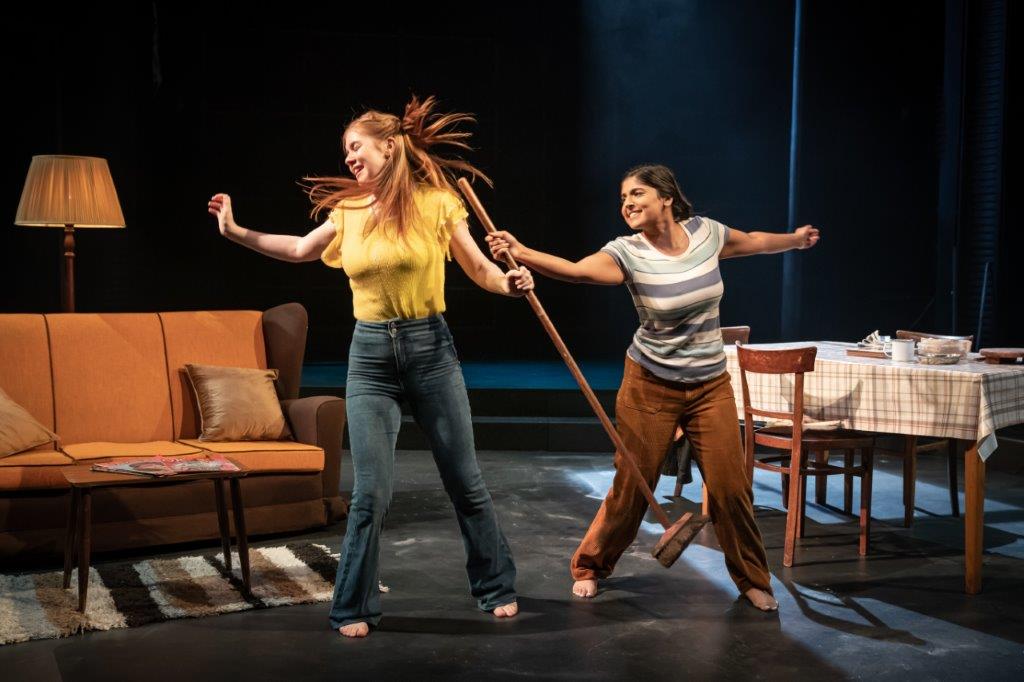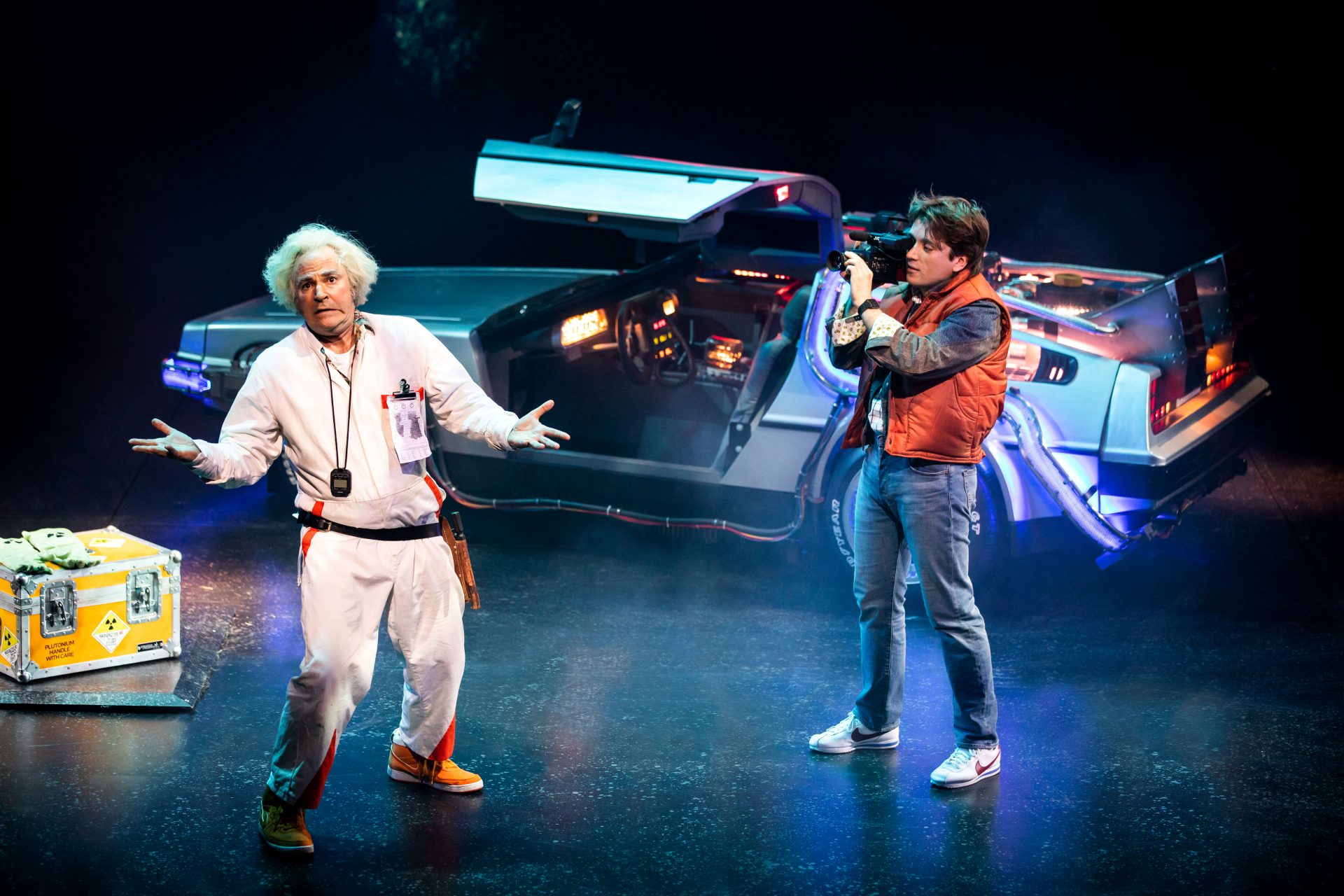NW Trilogy
Kiln, London, until October 9
Let me start off by accepting I do not know what it is to be an outsider – to come to a country with next to nothing, to look different, to observe a faith that is not mainstream and to have to grow accustomed to being bullied. It’s debatable on this basis whether plays about immigration have ever been properly appreciated as it’s invariably been white, middle class critics like me who have sat in judgment upon them.
The words on the poster plastered on to an old-fashioned red telephone box on the set for NW Trilogy – “Stop immigration – Enoch is right – National Front” – seemed chilling enough to me, but not even half as chilling as they would be to someone with a different skin pigmentation to my own. Still, I’ve got to know to a certain extent Indhu Rubasingham, the artistic director of the Kiln, and, when we meet, she likes to challenge my smug, white, middle class prejudices. I know that she’d be dismayed if people like me ever stopped coming to the Kiln, not least because there is nothing, after all, more boring than preaching to the play that shakes away smugness converted. I think she enjoys giving me a good shake every now and again.
NW Trilogy is made up of short plays that draw on the immigrant history of Brent, the London borough in which the Kiln is situated, and they are set in the Sixties and Seventies. In Moira Buffini’s Dance Floor, a young girl (Claire Keenan) tries to make a new life for herself in London, away from her oppressive Catholic family across the Irish Sea, and come to terms with the illegitimate baby she’s carrying. In Roy Williams’ Life of Riley, a mixed-race teenager (Harmony Rose Bremner) has to come to terms with her black father (Chris Tummings) who abandoned her and her mum because he considered his music to be more important. And in Suhayla El-Bushra’s Waking/Walking, a proud Indian office worker (Ronny Jhutti) has to try to preserve his dignity when the money coming in isn’t enough to support his family.
There is strong ensemble acting in all three pieces and their overarching message is obvious enough even to me: we do all need to be kinder to each other if we are not going to make this country hell on earth. Yes, Indhu has given me another good shake.




